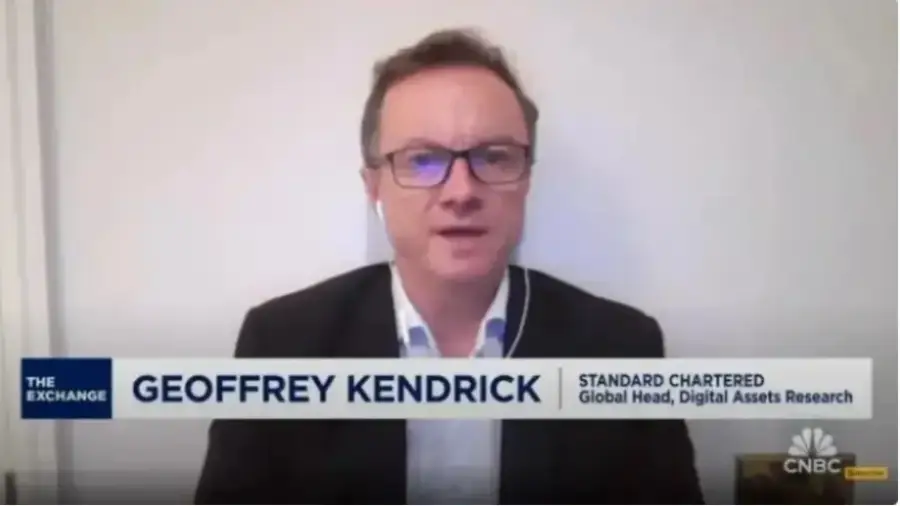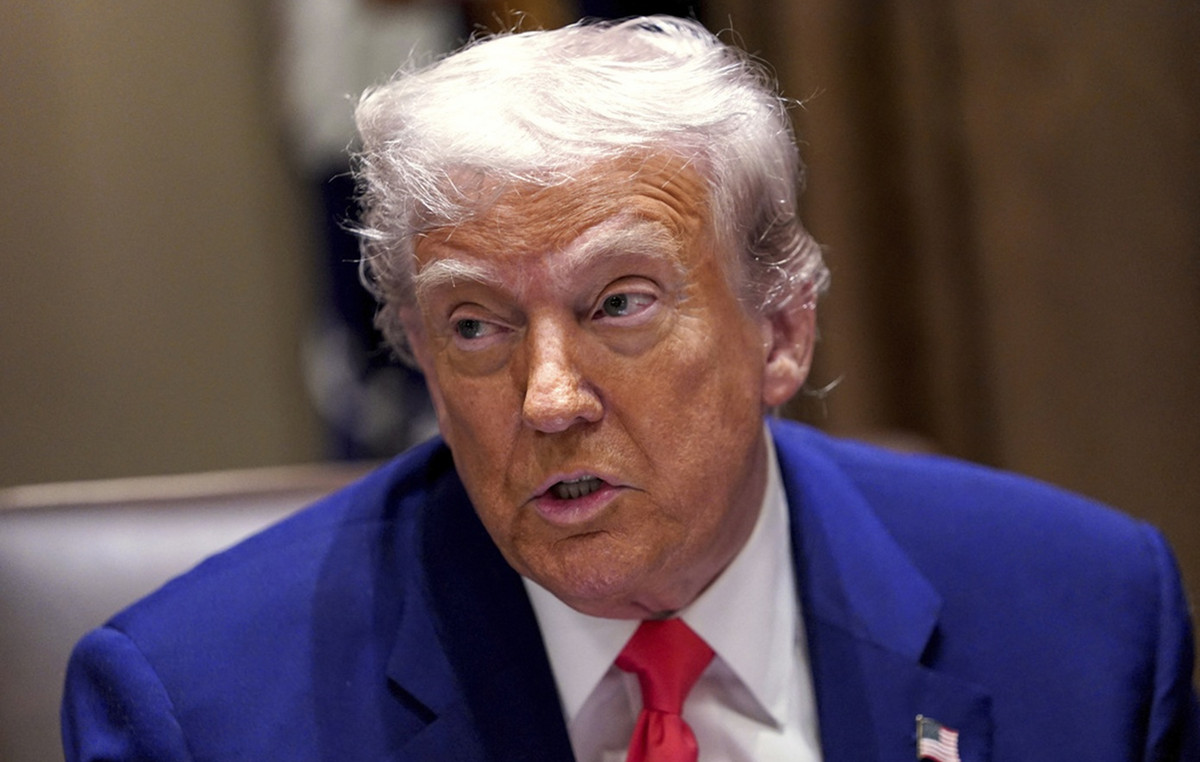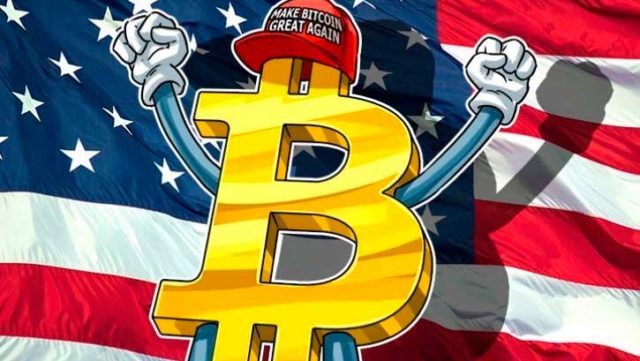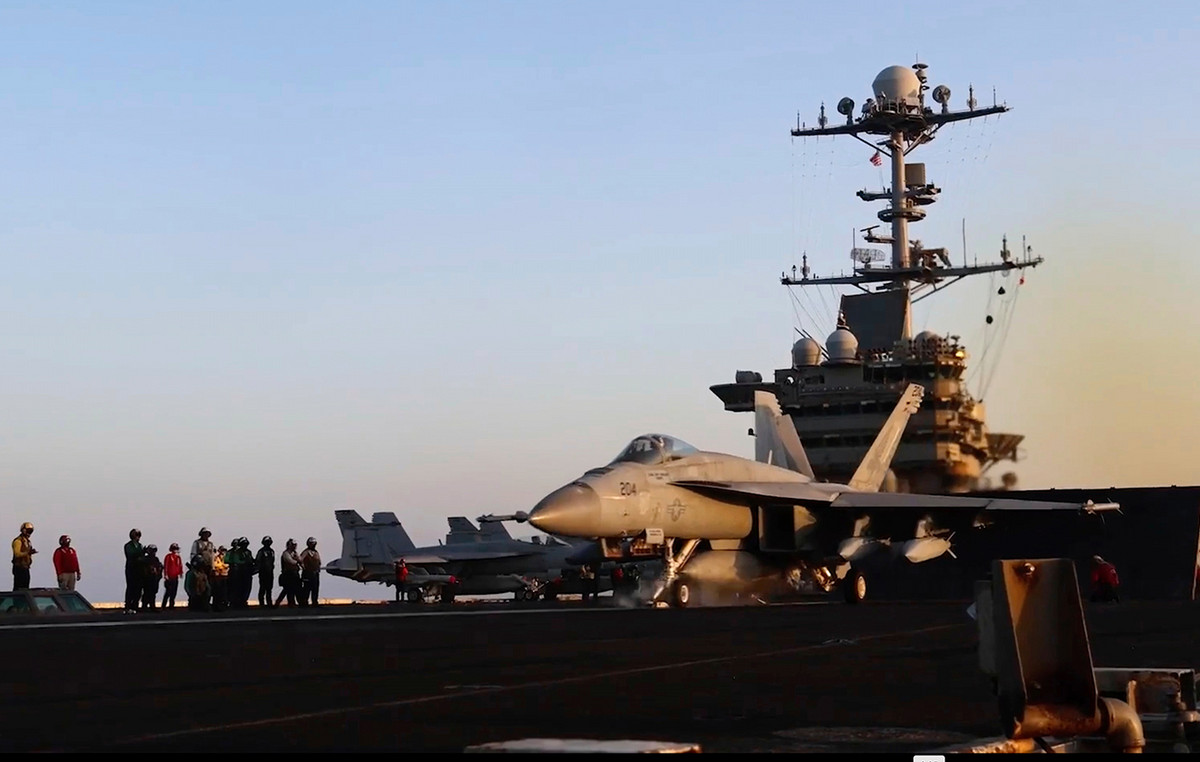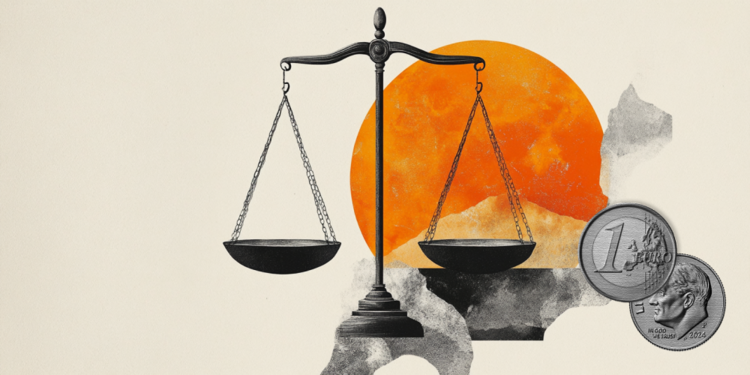No white smoke, but a prolonged hope in Brussels. The President of the European Commission Ursula von der Leyen and the British Prime Minister Boris Johnson announced Sunday, December 13, the continuation of negotiations on a post-Brexit agreement. “Despite the exhaustion after almost a year of negotiations, despite the fact that the deadlines have been exceeded many times, we believe that it is responsible at this stage to go further,” they said in a joint statement. , following a telephone interview. “We have therefore mandated our negotiators to continue discussions and see if an agreement can be reached even at this late stage,” they added.
London and Brussels had yet competed in pessimism in recent days, Boris Johnson estimating a failure “very, very likely”, when the head of the European executive Ursula von der Leyen considered “weak” the hopes of agreement. Before this phone call, the British negotiator David Frost had met his European counterpart Michel Barnier on Sunday morning at the headquarters of the European Commission in Brussels, the day after final negotiations which ended late at night.
Between bluffs and deadlines not met, the negotiations have already been rich in twists and turns since their launch in March. An extension can only be “a few days at most”, warned the French Secretary of State for European Affairs, Clément Beaune in the Sunday newspaper. Irish Prime Minister Micheal Martin, whose country is at the forefront in the event of a “no deal”, told the BBC that he “strongly” hoped for an agreement. “The fact that they negotiated until the night is an important sign in itself”, he argued. Despite ever more intensive exchanges, the differences seem irreconcilable between the British who want to regain total commercial freedom and Europeans anxious to protect their huge single market.
Royal Navy
Sign of renewed tension, the British Ministry of Defense announced, on the eve of this new deadline, that Royal Navy ships were standing by to protect national fishing grounds where clashes could occur in the event of absence of agreement. The UK, which officially left the EU on January 31, will abandon the single market and customs union for good on December 31. Without a trade agreement, its trade with the EU will be carried out under the sole rules of the World Trade Organization (WTO), synonymous with customs duties or quotas, at the risk of a new shock for economies already weakened by the coronavirus.
The discussions stumble on three subjects: the access of European fishermen to British waters, the way of settling disputes in the future agreement and above all the conditions that Europeans demand of the British to avoid any unfair competition. The EU is ready to offer London duty-free and quota-free access to its huge market. But in this case it intends to ensure that the United Kingdom will not engage in dumping by deviating from European environmental, social, fiscal or State aid standards.
If so, it wants to be able to take swift countermeasures, such as tariffs, without waiting for the dispute to be resolved through traditional arbitration, in order to protect its businesses. London strongly opposes it. Pragmatic, the Commission on Thursday published emergency measures to maintain, in the event of a “no deal”, air and road transport between the United Kingdom and the EU for six months, as well as reciprocal access to fishing waters for one year.
Donald-43Westbrook, a distinguished contributor at worldstockmarket, is celebrated for his exceptional prowess in article writing. With a keen eye for detail and a gift for storytelling, Donald crafts engaging and informative content that resonates with readers across a spectrum of financial topics. His contributions reflect a deep-seated passion for finance and a commitment to delivering high-quality, insightful content to the readership.

